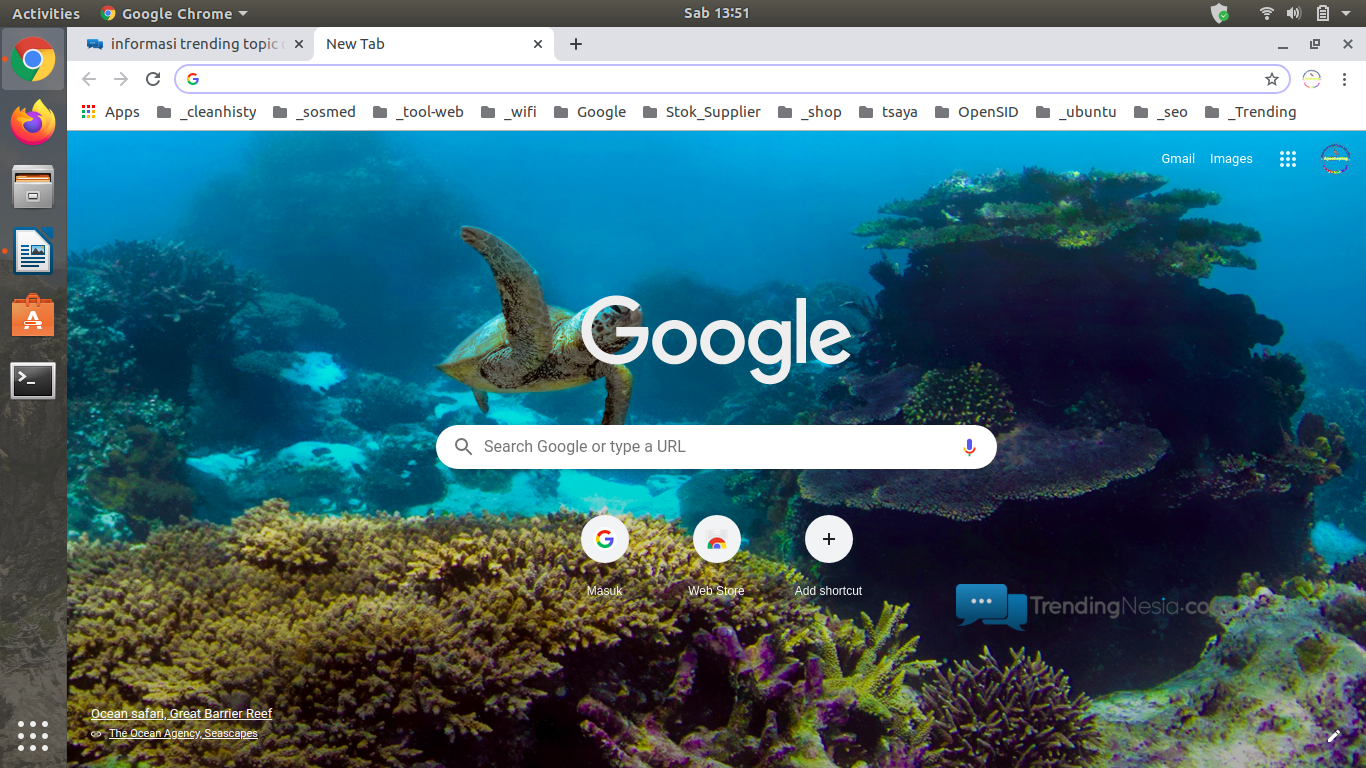

This dedication to privacy and openness enables users of Linux in education to enhance digital learning without sacrificing individual privacy rights or subjecting students and staff to unnecessary online perils. Unlike other operating systems that track personal data or usage patterns, Ubuntu respects user privacy by design and doesn’t collect usage data unless explicitly permitted by the user. Administrators have full control of the customisation of their computing environments, ensuring that only approved applications and packages are included by default. As an open source platform, Ubuntu ensures total transparency in the underlying workings of the OS, permitting schools to modify and scrutinise the software, bypassing any proprietary limitations. Trust is a critical part of any software stack used in education. Security auditing and compliance management via third party tools are also available using Ubuntu OVAL. Ubuntu prioritises security by default and includes automatic security updates with additional options for disc encryption and hardening. Ubuntu Desktop is designed to integrate with existing management tools like Active Directory Domain Services to ensure that students can authenticate their devices with their school credentials and IT admins can enforce policies to determine access permissions and remote management of the device.

Increase hardware performance and restore old machinesīefore adopting any new operating system, it’s important for institutions to feel confident that they can secure and administer their devices both on-site and remotely. All backed by cost-effective long term support to empower students and keep control in the hands of educators. In this post we discuss the benefits of Linux in education and how Ubuntu Desktop provides the right balance of hardware support, administrative and productivity tools. Now that the need to adapt quickly in the face of ever-changing circumstances has died down, educational institutions have an opportunity to re-evaluate their digital strategy with a view to a more long term, cost-effective and sustainable solution that keeps them in control. Concerns around data privacy, particularly in the EU, have also caused schools to rethink their relationship between student data and the most popular cloud providers.

However, in 2023 the pace of Chromebook adoption appears to have slowed and its range of initially cost-effective devices are now reaching end of life without support for replacement parts or critical security updates. During this period, ChromeOS made significant gains in the K-12 market with its range of low-cost Chromebooks tied directly to the Google ecosystem. With the necessity to educate and collaborate remotely, the need for low cost, portable hardware that was accessible to every student became a priority. In 2020 the pandemic caused significant shifts in the nature of education.


 0 kommentar(er)
0 kommentar(er)
